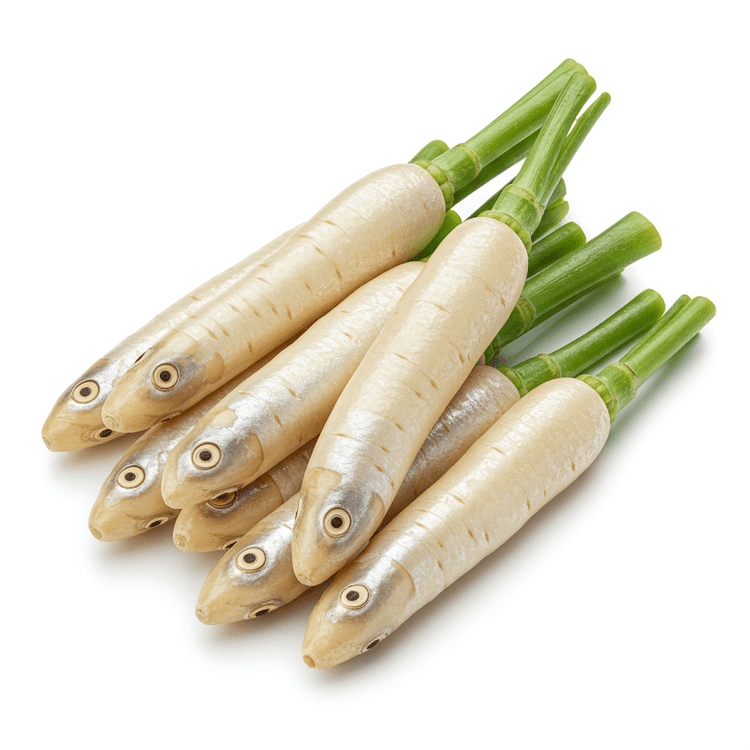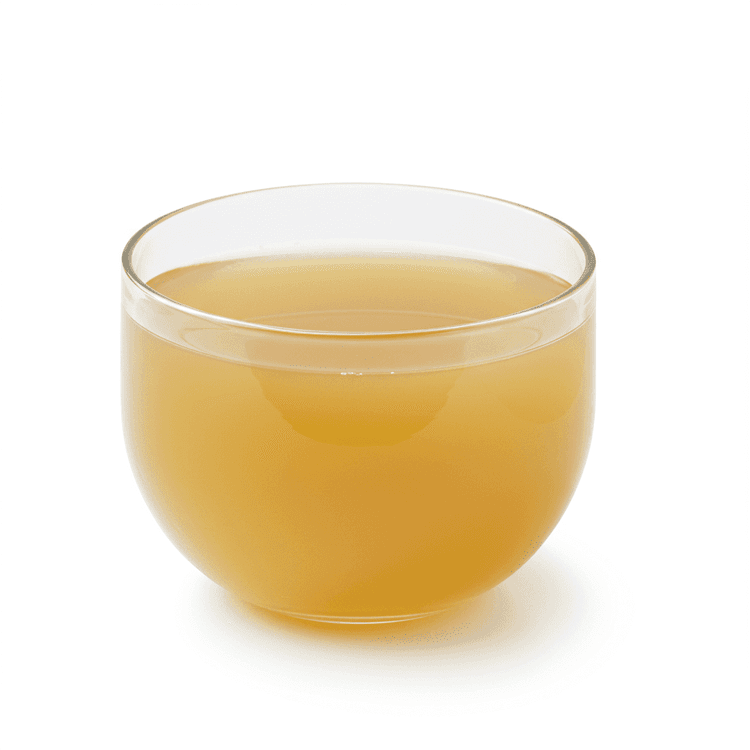
Dashi
Dashi is a traditional Japanese cooking stock known for its umami-rich flavor and versatility in culinary applications. Typically made from kombu (seaweed) and katsuobushi (fermented bonito flakes), dashi has a light, savory taste with subtle hints of oceanic brininess. Its clear appearance and delicate aroma make it an essential base for many Japanese dishes, enhancing the natural flavors of ingredients without overpowering them. Dashi is a cornerstone of Japanese cuisine, prized for its ability to add depth and complexity to soups, sauces, and marinades.
Common Uses
- Used as the base for miso soup, providing a rich umami flavor that complements the miso paste and tofu.
- Incorporated into noodle dishes like udon or soba to create flavorful broths that elevate the dish.
- Added to simmered dishes such as nikujaga (Japanese meat and potato stew) to enhance the depth of flavor.
- Used in dipping sauces for tempura or cold soba noodles, offering a subtle savory undertone.
- Mixed into batter for savory pancakes like okonomiyaki or takoyaki to infuse them with a hint of umami.
- Employed as a seasoning in Japanese-style marinades for fish, meat, or vegetables to impart a delicate, savory taste.
Health Benefits
- Rich in umami flavor, dashi enhances taste without needing excessive salt or fat, supporting heart health.
- Contains kombu, a seaweed high in iodine, which supports thyroid function and metabolic health.
- Often made with bonito flakes, which are a source of protein and essential amino acids for muscle repair and overall wellness.
- Provides essential minerals like magnesium and potassium, promoting healthy nerve and muscle function.
- Low in calories, making it a great choice for weight management and maintaining a balanced diet.
Chefadora AI is here.
Experience smarter, stress-free cooking.
Storage Tips
Store dashi in an airtight container in the refrigerator if it is freshly made, and consume within 3-5 days for optimal flavor and freshness. For powdered or instant dashi, keep it in a cool, dry place away from direct sunlight, and ensure the packaging is tightly sealed after each use. Freezing fresh dashi in small portions can extend its shelf life up to 1-2 months, making it convenient for home cooks.
Marnirni-apinthi Building, Lot Fourteen,
North Terrace, Adelaide, South Australia, 5000
Australia




